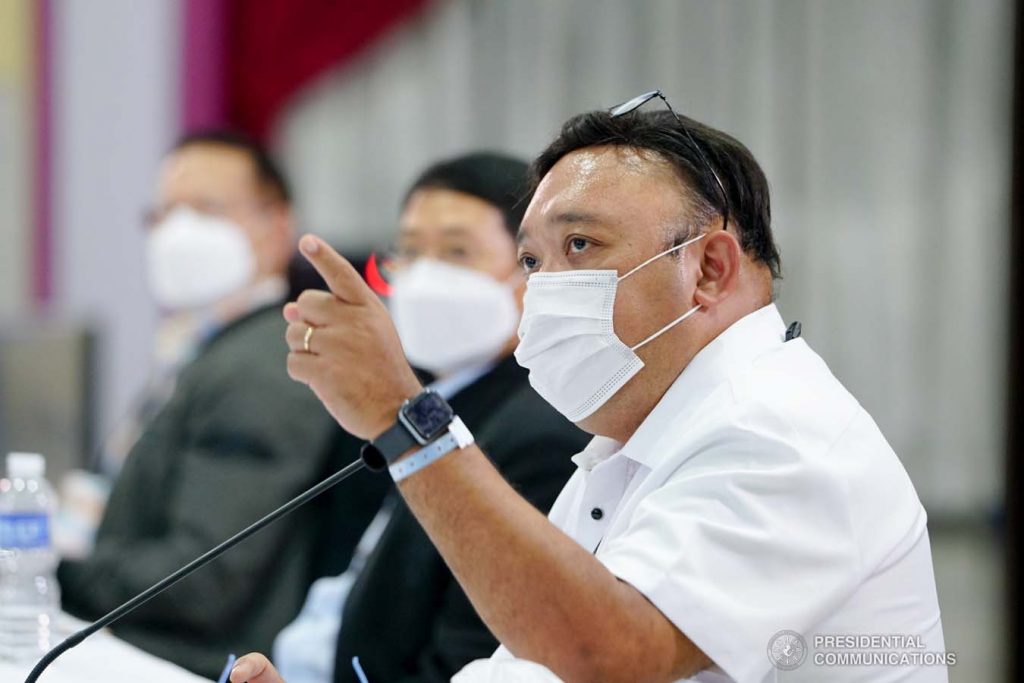Headline
World Bank report on PH education ‘disturbing, very alarming’

MANILA – Malacañang on Tuesday expressed alarm over the World Bank report that over 80 percent of Filipino students fall below the minimum proficiency levels.
“That is very disturbing po and very alarming,” Presidential Spokesperson Harry Roque said.
This, after the World Bank observed poor learning results among students in the Philippines.
The report was based on the three assessments the Philippines participated in — the Program for International Student (Pisa) in 2018, the Trends in International Mathematics and Science Study (TIMSS) in 2019, and the first cycle of the Southeast Asia Primary Learning Metrics (SEA-PLM) in 2019.
The World Bank said there is a “crisis” in Philippine education “which started pre-Covid-19 (coronavirus disease 2019)” and “have been made worse” by the coronavirus pandemic.
It said more than 80 percent of children in the Philippines “do not know what they should know in school.”
Across the three global assessments, the World Bank said, only 10 to 22 percent of Grade 4, 5, and 9 students in the Philippines posted scores “at or above minimum proficiency.”
Despite this, Roque said he is confident that the Department of Education (DepEd) Secretary Leonor Briones will study and discuss ways to improve the quality of education in the country.
“Huwag po kayong mag-alala, pag-aaralan po natin kung ano ‘yung sinasabi ng report at titignan po natin kung paano natin mababago ‘yung curriculum, lalung-lalo na sa panahon po ng pandemya (Do not worry. We will study what the report has said and we will check how we can change the curriculum, especially amid the pandemic),” Roque said.
Roque added that DepEd is introducing reforms in education to allow students to adapt to the new normal.
“We are on blended learning po. We utilize modules. We utilize TV, radio, as well as computer-aided forms of educational material po. But I’m sure the process of adapting to the new normal continues and the DepEd, the Department of Education, will continue to introduce innovations,” he said.
On June 19, Duterte thumbed down DepEd’s proposal to resume face-to-face classes even in areas with a low risk of Covid-19 transmission due to the presence of a more infectious Delta coronavirus variant.
Amid the pandemic, new teaching styles such as online learning, modular learning, television and radio-based instruction, and blended learning which is a combination of two or more methods of learning have been introduced



























